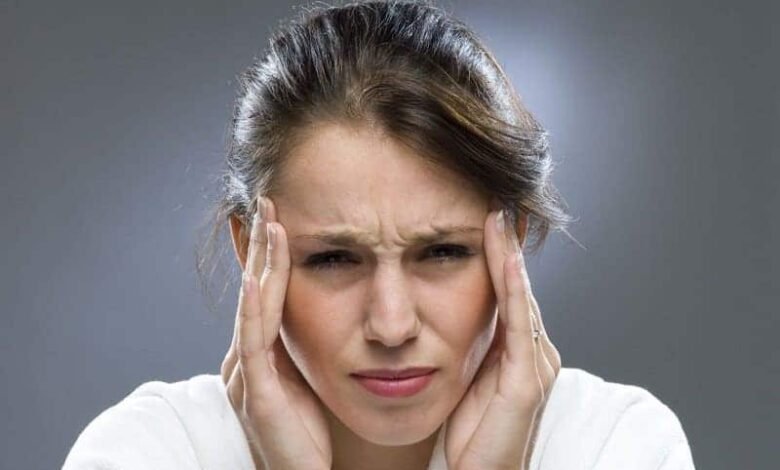Migraine and its symptoms

Migraine is a neurological disease which is largely hereditary.
Migraine attacks are terribly painful, capable of driving a person to insanity.
There are cases where the migraine sufferer becomes disabled.
But most people, despite everything, cannot distinguish a migraine from an ordinary headache.
Here are a few features that will make it easier for you.
1. The intensity of the pain
A typical severe headache has nothing to do with the pain experienced in a migraine.
The pain caused by a migraine is often described as throbbing.
For some people, this pain is searing, and for others, it feels like their head is going to explode at any moment.
2. The location of the pain
59% of migraine sufferers experience pain on one side of the head.
But the remaining 41% experience pain on both sides.
The pain can be located anywhere on the head, sinuses, eyes, palate, ears or face.
3. Sensation of pain when moving
Migraine pain gets worse when moving. A simple roll over in bed can be excruciating.
Some people will refuse to get up even to get medicine, food or water.
4. Nausea and vomiting
It is common to say that people throw up because the pain is terrible.
But even in this statement there is truth, often people with migraine suffer from nausea.
Vomiting is never pleasant, but when the pain is excruciating, the body does strange things.
People with migraines can lose an unhealthy amount of weight because they are loathe to eat.
5. Hypersensitivity
Some migraine sufferers complain of severe hypersensitivity.
For them, most sounds are too loud, lights too bright, and smells, whether pleasant or not, are so strong that even from perfume, they are repulsive.
Each type of the above sensory information can cause even physical pain.
6. A migraine lasts for hours and sometimes even days
A typical migraine attack lasts on average between 4 hours and 3 days .
But a migraine is not like pulling a tooth, one jerk and it’s over.
It is an insidious disease and proceeds in stages.
A common occurrence in people with chronic migraine is attack after attack.
That is, one attack is not yet over, and they are already being attacked by a second one.
7. Over-the-counter pain relievers are often ineffective
There is an endless variety of pain relievers on the pharmaceutical market.
Of course, they all supposedly relieve any pain or so it says on the packaging.
Most over-the-counter pain relievers such as analgin, acetaminophen or aspirin are ineffective against migraines.
There are people who use them to protect themselves from sharp pain during an attack, but we are talking about individual cases.
Migraine is very insidious and few can get rid of it with simple medicine like aspirin.
The best help you can get is a prescription drug from your doctor.
According to your organism, you will find a medication that will practically work for you.
It is not 100% that you will be protected from the pain, but a special migraine medicine is more effective than a pain reliever for a toothache or a sprained knee. p>



